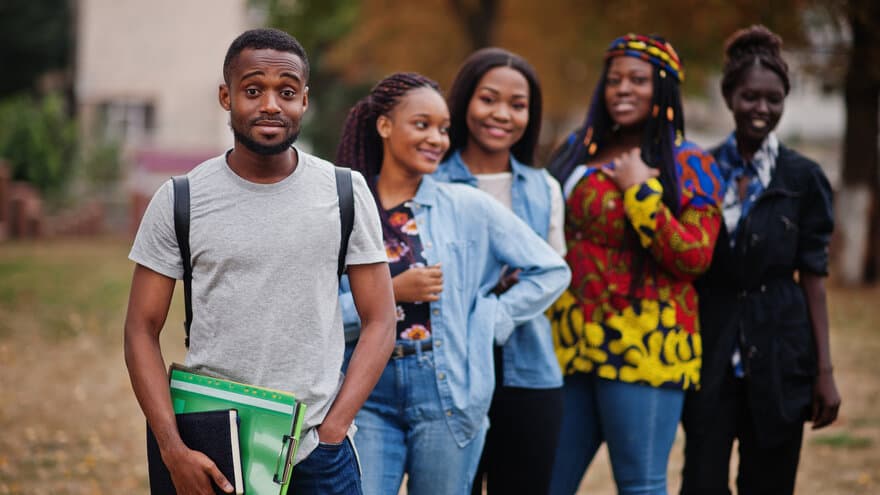Norwegian Ministry of Education and Research
Norwegian Ministry of Foreign Affairs (NORPART)
Background
Refugee-host relations are a particularly challenging aspect of food security and sustainable development. Uganda is experiencing an unprecedented influx of refugees from conflict-prone neighbouring countries South Sudan, the Democratic Republic of Congo, Rwanda, and Burundi. Most of these refugees are hosted in Northern Uganda.
Uganda is recognized for its accommodating policy for hosting refugees, moving away from restrictive camps to more liberal refugee settlements. In camps, refugees depend on relief supplies for food and basic services. Refugees hosted in settlements have the possibility of integrating with host communities. They are allocated small pieces of land on which they are able to build semi-permanent houses and engage in subsistence agriculture. However, this leads to complex challenges that impact both refugees and host communities. Studies have shown that this mode of hosting refugees has led to environmental degradation and deforestation, with serious implications for food security.
While refugees have been the focus of several research projects and development assistance interventions, there are still significant gaps including the integration of refugees in the higher education system in Uganda. This project aims to address several of these gaps through an innovative approach focused on higher education. The projects works towards empowering refugee communities by facilitating their direct integration as students and as co-producers of knowledge that can potentially contribute to food security and community empowerment, and as such contribute to achieving the SDGs.
While Norway is at the forefront of refugee relief and rehabilitation efforts, there is a need for a new generation of researchers to engage in practice-based learning in refugee-host contexts and coproduce knowledge with the local counterparts. Such knowledge can add contextual depth to curricula in the higher education institutions in Norway as well as partner countries and contributes to relevant policy-making both in Norway and partner countries. The project will create new educational content for Norwegian, Ugandan and refugee students with the aim of creating spaces for students and staff to co-learn, co-produce knowledge, and co-design new approaches for addressing real-life challenges. This may result in empowered vulnerable groups through opportunities in higher education. Skill-sets will be acquired that can facilitate employability and provide tangible positive impacts on communities.
These aims will be achieved through a partnership between three academic institutions, each bringing their own expertise. Local and international organisations will be linked to higher education. Long-term North-South-South collaboration is a desired outcome, with the well-established Makerere University and the relatively new Gulu University in Uganda. This will be supported in terms of practice by the Centre for African Studies (an NGO in Northern Uganda).
Developing and teaching joint courses in partner institutions, digital follow up of the courses, and student and staff exchange are important elements of the project.
Objectives
The main objectives of this project are to:
- Establish and strengthen long-term partnership in higher education between NMBU in Norway and Makerere and Gulu Universities in Uganda
- Promote sustainable North-South-South cooperation
- Raise the quality and relevance of higher education in Norway and Uganda in the field of food security and sustainable development in refugee-host contexts
- Anchor education to practice by developing better links between partner universities and practicing/community organizations in Norway and Uganda
- Facilitate student and staff mobility between the partner institutions for collaborative learning and research
- Promote gender equality and inclusion of marginalized communities, including refugees, by inclusion in higher education, research and development practice
Partners and participants
NMBU researchers
External partners
Makerere University, Uganda
Gulu University, Uganda
Centre for African Research, Northern Uganda Centre
News and findings
- Refugee Learners in Northern Uganda to Benefit from UGX 2.8Bn Education Project - Uganda Radio Network (URN). 20.10.2022

Refugees: Norway to sponsor host communities for master’s programme Photo: Saturday Vision Uganda













